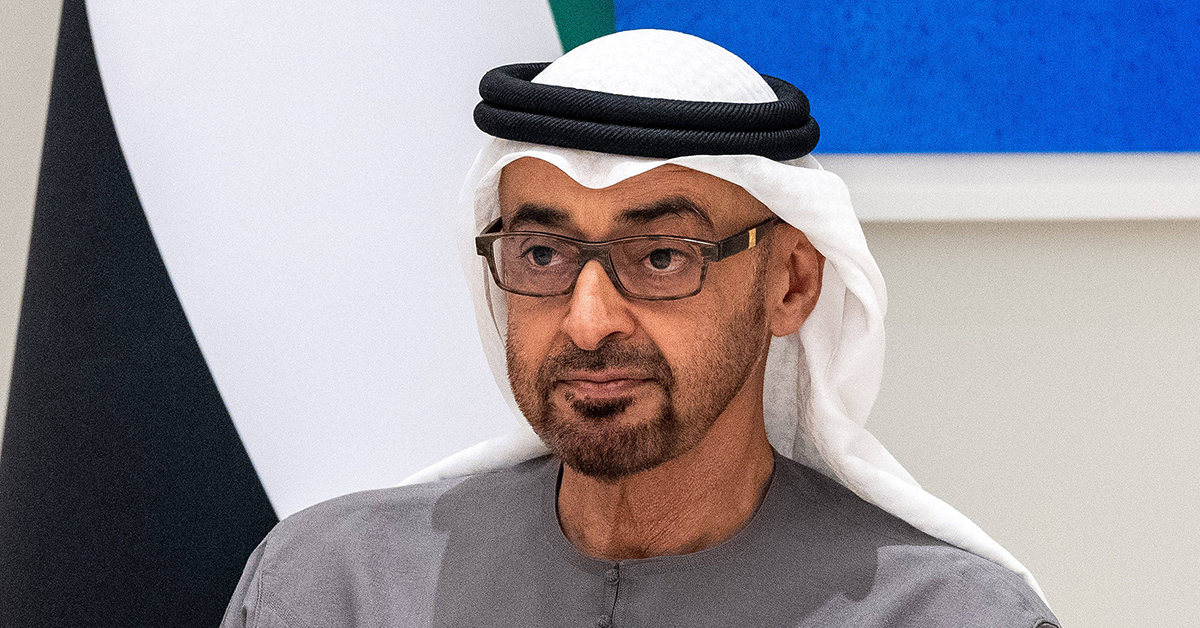Crown Prince Mohammed ben Zayed al Nahyan has been the de facto ruler of the petro-monarchy since the former president suffered a stroke in 2014.

Crown Prince Mohammed ben Zayed al Nahyan, also known as MBZ, was elected president of the UAE, after his stepbrother died in early May. Aged 61, MBZ has been the de facto ruler of the petro-monarchy since the former president suffered a stroke in 2014.
“MBZ has already left his mark on the destiny of the country,” says Sebastien Boussois, a political science researcher at the Universite Libre de Belgique (UBL).
Since they gained independence in 1971, the UAE have used their oil wealth to become one the most powerful countries in the Middle East and a global trading hub. While the UAE is composed of seven city-states, MBZ’s rise to power is set to reinforce Abu Dhabi’s position.
“Abu Dhabi is the richest emirate and the only really sustainable economy. This is part of a centralization trend where you have the Al Nahyan family running all portfolios when it comes to economic and financial investments,” says Andreas Krieg, an associate professor at London’s King’s College who predicts Dubai might end up somehow marginalized. Dubai always used to be the crown jewel of the UAE because of its merchant class and its attractiveness for money, business and investments but it has lost political weight.”
So far, the UAE is a close partner with the United States and Western countries, but that relationship hit bumps with Obama’s Iran deal and more recently with the Biden administration. MBZ also refused to pick a side in the Russia-Ukraine conflict, de facto allowing the Emirates to become a haven for Russian oligarchs fleeing international sanctions.
“The next two decades that MBZ will rule will be a defining moment to determine whether the UAE are indeed firmly with their old partners in the West or whether they are moving closer to the Eastern anti-liberal or authoritarian order with Russia and China,” says Krieg.



